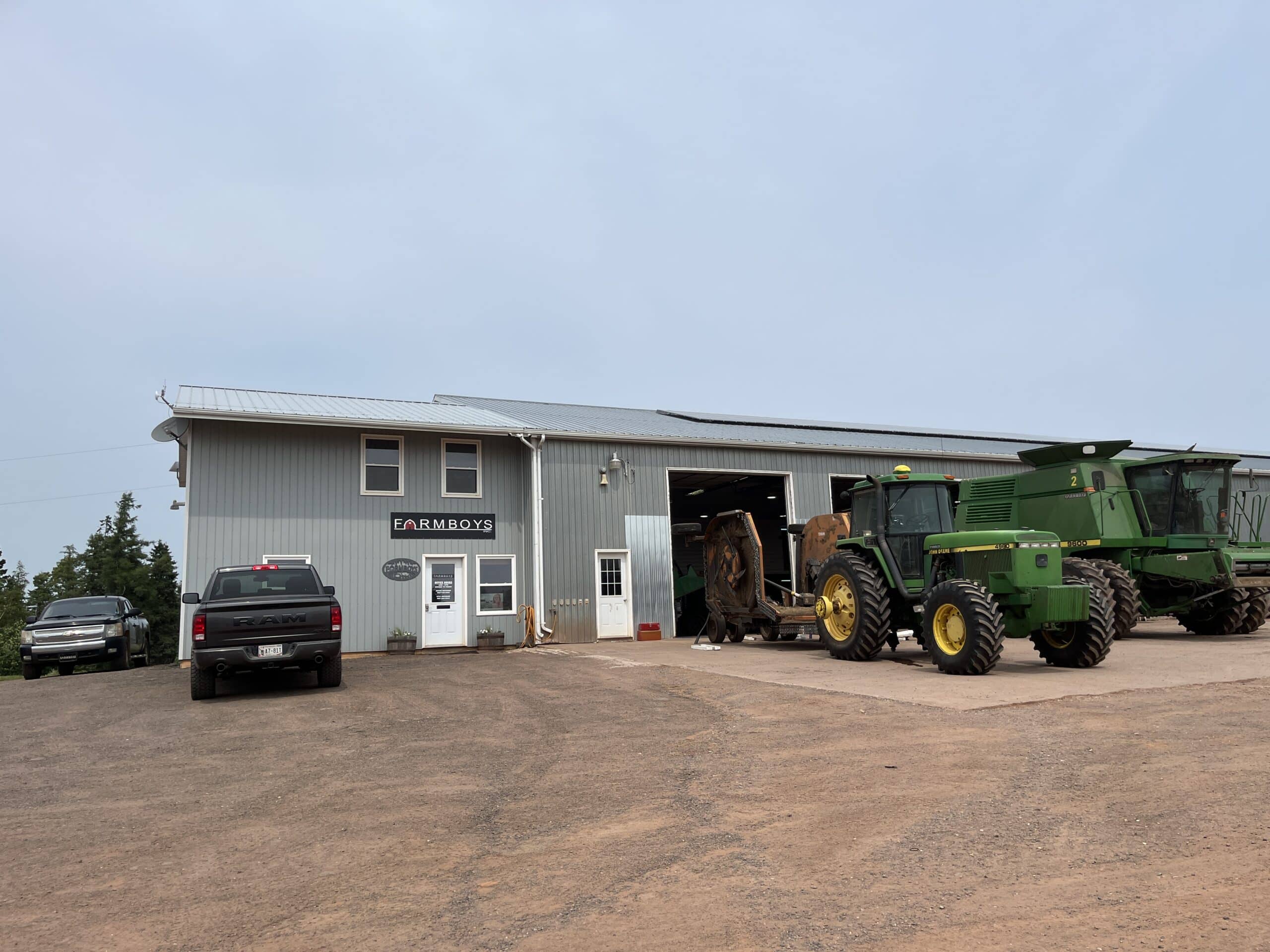When I started covering the potato industry with Spud Smart, I was surprised by the amount of staff potato farms employed. I grew up on a small mixed cattle and grain farm myself, and while I know some similar farms now employee a handful of staff themselves, that wasn’t the case on my family’s farm. We had a hired hand a few times over the years when circumstances out of our control required extra help, but for the most part our seasonal work requirements were handled by neighbours helping neighbours.
My idea of a hired hand didn’t leave much to be desired though from what I had saw growing up. I thought of it as a low paying position with wild hours during busy seasons with no perks or benefits coverage. Let’s just say I was surprised in a good way when Michel Camps and Bryan Maynard shared all they do for their employees in “The Changing Face of Ag Labour on Canadian Potato Farms” fall 2023 issue’s feature story.
Potato growers are providing their employees with a wealth of benefits that put them on par — or even above in some cases — of what many, myself included, traditionally thought only office jobs provided. These farms see the importance of treating their seasonal employees with the same respect and benefits they themselves would want for doing any work.
These employers also understand this can result in the retention of skilled employees. Working on the feature I quickly learned — for the potato industry at least — the issue isn’t finding labour, but instead finding skilled labour and retaining it. It’s no secret that the Canadian agriculture industry is facing a labour crisis, as there’s been numerous headlines in recent years decrying the labour issues. What I discovered working on this story is that there’s more to that headline than meets the eye.
It’s not that there’s not people to work in these positions, it’s that possible employees may not be skilled or, and I think this is a big or, people view working on a farm as unattractive, as I myself did before. Possible farm employees think they’ll be working crazy hours with no set schedule, won’t receive any benefits and won’t be able to take off the time as they need or want. However, that’s not the case on most modern large farms which is why I think those in the agriculture industry need to do a better job sharing the realities of being a modern “hired hand”.
I had no idea of what working as an employee on a farm now includes. Working on this story changed my view immensely and now I want to recommend that people who enjoy working with their hands and want to be outside during their workdays should look into getting an on-farm job. I know of so many people who grew up spending summers working on their extended family’s farm and said they wanted to farm themselves but didn’t have the resources to. Understanding now what a “hired hand” does I think it could be the right fit for them and still give them the work/life balance they deserve. Farmers should be going to career days and sharing why kids should say they want to grow up to be a hired hand.
Header photo — The farmyard shop at Farm Boys Inc. in Arlington, P.E.I. where employees work on equipment. Photo: Ashley Robinson
Related Articles
The Changing Face of Ag Labour on Canadian Potato Farms









